What does white mucus in stool indicate and is it normal?
On this page, we will explore the potential causes of visible mucus in stool and explain why it’s important to seek professional medical advice for an accurate diagnosis and appropriate treatment.
What does white mucus in stool indicate and is it normal?
On this page, we will explore the potential causes of visible mucus in stool and explain why it’s important to seek professional medical advice for an accurate diagnosis and appropriate treatment.
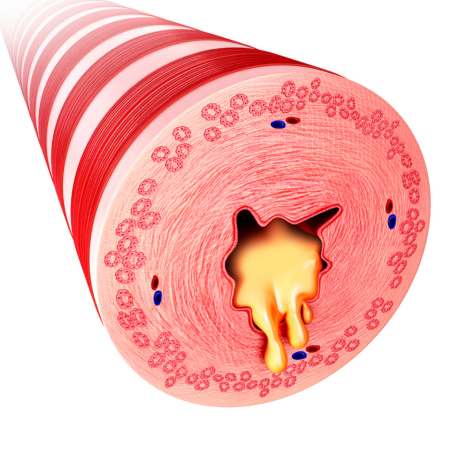
What does white mucus in your stool indicate?
The mucus serves as a dense, gel-like substance in the body, primarily playing a role in safeguarding and lubricating delicate tissues and organs. Its essential functions include protection against potential harm caused by bacteria, viruses, or fungi.
The mucus is a component of stool, but it is not usually visible to the naked eye. Mucus acts as a defence mechanism, shielding the body from stomach acid and other potentially detrimental fluids or irritants.
While a normal amount of mucus in the stool is not uncommon and is part of the body’s natural processes, an observable surge in mucus could indicate an underlying health concern. An increase in mucus in the stool may serve as a notable symptom, prompting further exploration into potential health issues that may require professional attention.
Monitoring and understanding changes in the presence of mucus can be crucial for identifying and addressing any underlying health conditions. The presence of white mucus in stool can be a cause for attention as it deviates from the typical appearance of bowel movements.
However, when it becomes noticeable and takes on a stringy, clear, and white or yellowish appearance, it may signal an underlying health issue that necessitates further investigation and medical intervention.
Understanding the significance of this symptom can contribute to timely healthcare interventions and improved overall well-being.
What does white mucus in your stool indicate?
The mucus serves as a dense, gel-like substance in the body, primarily playing a role in safeguarding and lubricating delicate tissues and organs. Its essential functions include protection against potential harm caused by bacteria, viruses, or fungi.
The mucus is a component of stool, but it is not usually visible to the naked eye. Mucus acts as a defence mechanism, shielding the body from stomach acid and other potentially detrimental fluids or irritants.
While a normal amount of mucus in the stool is not uncommon and is part of the body’s natural processes, an observable surge in mucus could indicate an underlying health concern. An increase in mucus in the stool may serve as a notable symptom, prompting further exploration into potential health issues that may require professional attention.
Monitoring and understanding changes in the presence of mucus can be crucial for identifying and addressing any underlying health conditions. The presence of white mucus in stool can be a cause for attention as it deviates from the typical appearance of bowel movements.
However, when it becomes noticeable and takes on a stringy, clear, and white or yellowish appearance, it may signal an underlying health issue that necessitates further investigation and medical intervention.
Understanding the significance of this symptom can contribute to timely healthcare interventions and improved overall well-being.
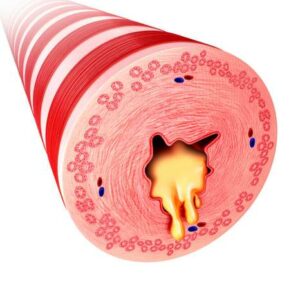
What causes white mucus in stools?
The presence of white mucus in stools can be attributed to various causes, and while some instances may be normal, others may indicate underlying health issues.

Gastrointestinal infections
Bacterial, viral, or parasitic infections affecting the gastrointestinal tract can lead to an increase in mucus production in bowel movements.
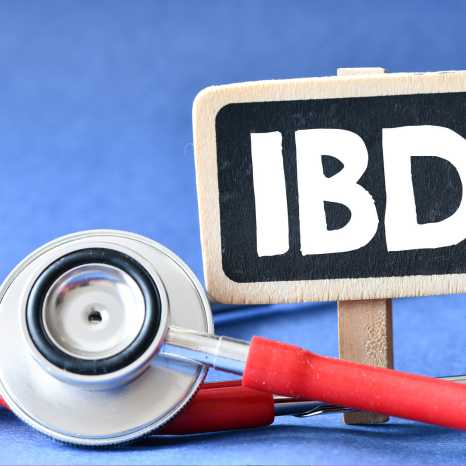
lammatory bowel disease (IBD)
IBDs like Crohn’s disease or ulcerative colitis, which involve chronic inflammation of the digestive tract can result in mucus in stool.

Irritable bowel syndrome (IBS)
This is a functional gastrointestinal disorder that can cause changes in bowel habits and result in the presence of mucus in bowel movements.

Food intolerances or allergies
Sensitivities to certain foods or allergies can trigger inflammation in the gastrointestinal tract, which can lead to excess mucus production.

Gastroenteritis
inflammation of the stomach and intestines can often be caused by viruses or bacteria and can result in mucus production in bowel movements.

Malabsorption disorders
Coeliac disease or lactose intolerance may cause difficulty in absorbing nutrients, contributing to changes in stool consistency and mucus in stool.
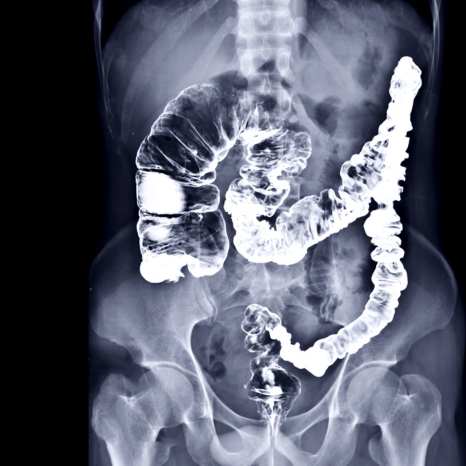
Colon polyps or colorectal cancer
Abnormal growths in the colon, such as polyps or cancer, can lead to mucus production in bowel movements and cause irritation or bleeding.
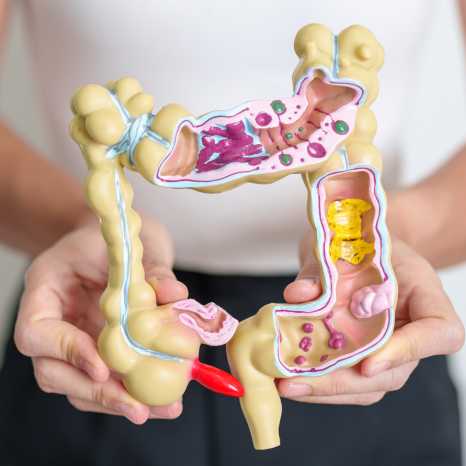
Diverticulitis
Inflammation or infection of small pouches that can form in the walls of the colon, which are known as diverticula; this may result in mucus present in stools.

Medication side effects
Medications particularly, those affecting the gastrointestinal system, may lead to changes in stool appearance, including increased mucus production.

Dehydration
An inadequate fluid intake can result in certain changes in stool consistency and an increase in the production of mucus and its visibility in bowel movements.
It’s crucial to note that the presence of mucus in stool should be evaluated by a healthcare professional to determine the specific cause and if you notice persistent changes in your stool, including increased mucus, abdominal pain, or other concerning symptoms, seek medical advice for proper diagnosis and treatment.
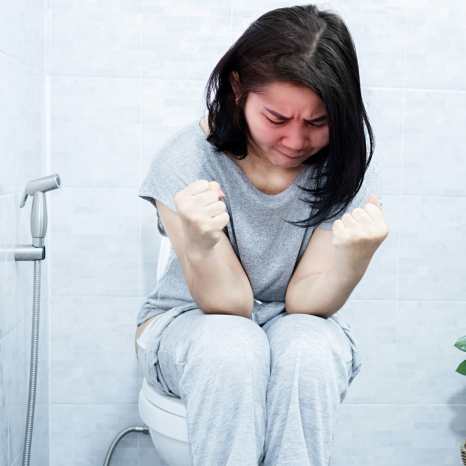
What diagnoses does white mucus in stool lead to and which tests are carried out?
To pinpoint the underlying cause of white mucus in stools, medical professionals often initiate the diagnostic process by analysing a stool sample.
The procedure involves specific steps, where individuals are typically guided on proper sample collection. This entails gathering a portion of stool in a sanitised container. In instances where immediate submission isn’t feasible, refrigeration is advised to prevent bacterial proliferation.
Once the healthcare provider receives the stool sample, they conduct comprehensive tests to assess the bacterial presence and identify substances originating from the digestive system. Depending on the outcomes of these stool sample analyses, further diagnostic investigations may be warranted.
These additional tests might encompass:
- Blood tests: Analysing blood samples helps to obtain valuable insights into potential infections or abnormalities that may be contributing to the excess mucus in the stool
- Endoscopy: This procedure involves the insertion of a slender, flexible tube equipped with a camera and light. The tube is introduced either through the mouth or into the rectum
- Colonoscopy: A specific type of endoscopy focused on scrutinising the lower portion of the digestive tract that aids in detecting abnormalities, inflammation, or growths
- Imaging tests: Technologies such as CT scans, ultrasounds, and MRI scans may be employed by a medical practitioner to obtain detailed images of the gastrointestinal tract
These diagnostic measures collectively contribute to a comprehensive understanding of the factors at play behind excess white mucus in stools. It’s crucial for individuals experiencing this symptom to collaborate with their healthcare professionals, who can tailor the diagnostic approach based on the specific circumstances and results obtained during the assessment.
What diagnoses does white mucus in stool lead to and which tests are carried out?
To pinpoint the underlying cause of white mucus in stools, medical professionals often initiate the diagnostic process by analysing a stool sample.
The procedure involves specific steps, where individuals are typically guided on proper sample collection. This entails gathering a portion of stool in a sanitised container. In instances where immediate submission isn’t feasible, refrigeration is advised to prevent bacterial proliferation.
Once the healthcare provider receives the stool sample, they conduct comprehensive tests to assess the bacterial presence and identify substances originating from the digestive system. Depending on the outcomes of these stool sample analyses, further diagnostic investigations may be warranted.
These additional tests might encompass:
- Blood tests: Analysing blood samples helps to obtain valuable insights into potential infections or abnormalities that may be contributing to the excess mucus in the stool
- Endoscopy: This procedure involves the insertion of a slender, flexible tube equipped with a camera and light. The tube is introduced either through the mouth or into the rectum
- Colonoscopy: A specific type of endoscopy focused on scrutinising the lower portion of the digestive tract that aids in detecting abnormalities, inflammation, or growths
- Imaging tests: Technologies such as CT scans, ultrasounds, and MRI scans may be employed by a medical practitioner to obtain detailed images of the gastrointestinal tract
These diagnostic measures collectively contribute to a comprehensive understanding of the factors at play behind excess white mucus in stools. It’s crucial for individuals experiencing this symptom to collaborate with their healthcare professionals, who can tailor the diagnostic approach based on the specific circumstances and results obtained during the assessment.

How to prevent the production of mucus in stools?
Preventing white mucus in stools often involves addressing the underlying causes that may contribute to this symptom. In addition, it’s essential to consult a healthcare professional for personalised advice based on your specific situation.
Maintain a healthy diet
Ensure a well-balanced diet rich in fibre to promote healthy bowel movements. Avoid foods that may trigger digestive issues, such as those you may be intolerant or allergic to.
Stay hydrated
Drink an adequate amount of water throughout the day to prevent dehydration, which can affect stool consistency. This is to ensure you stay hydrated to prompt bowel movements.
Manage stress
Practise stress-reducing techniques, as stress can impact digestive health. This may include activities, such as meditation, deep breathing exercises, or yoga which you find helpful.
Limit certain substances
Limit or avoid the consumption of alcohol, caffeine, and tobacco, as these can sometimes irritate the gastrointestinal tract and tend to cause the production of mucus.
Exercise regularly
Engage in regular physical activity, as exercise can promote healthy digestion and try to maintain a healthy weight as excess weight can contribute to many digestive issues.
Practise good hygiene
It’s imperative to wash your hands thoroughly after using the bathroom and before handling food to reduce the risk of infections that may affect your gastrointestinal system.
Seek medical attention
If you notice persistent changes in stool colour, consistency, or the presence of mucus, it’s important to seek a proper diagnosis and appropriate treatment as soon as possible.
Probiotics
While probiotics are beneficial bacteria that can promote a healthy gut environment, it’s also essential that you consult a healthcare professional before starting to take any supplements.
Consult a healthcare professional for personalised advice tailored to your specific health needs and concerns.
Consult a gastrointestinal specialist today
Timely medical intervention is essential when addressing changes in stool composition, including the presence of mucus. Sydney Gut Clinic consists of highly skilled gastrointestinal specialists who are prepared to provide comprehensive support and treatment for a spectrum of digestive concerns.
If you’re experiencing persistent white or yellow mucus in stool or other digestive symptoms, schedule an appointment with our reputable clinic without delay. If you’re displaying symptoms related to mucus in stools, we encourage you to seek a consultation at our clinic for a thorough examination and personalised guidance on managing this condition effectively.
Our experienced professionals are dedicated to helping you understand and address the underlying causes of mucus in stools, ensuring your digestive health is prioritised.

Consult a gastrointestinal specialist today
Timely medical intervention is essential when addressing changes in stool composition, including the presence of mucus. Sydney Gut Clinic consists of highly skilled gastrointestinal specialists who are prepared to provide comprehensive support and treatment for a spectrum of digestive concerns.
If you’re experiencing persistent white or yellow mucus in stool or other digestive symptoms, schedule an appointment with our reputable clinic without delay. If you’re displaying symptoms related to mucus in stools, we encourage you to seek a consultation at our clinic for a thorough examination and personalised guidance on managing this condition effectively.
Our experienced professionals are dedicated to helping you understand and address the underlying causes of mucus in stools, ensuring your digestive health is prioritised.

FAQs
Is white mucus in stool always a sign of a serious health issue?
No, not necessarily, as various factors can contribute to changes in stool appearance. However, it’s crucial to consult a healthcare professional for a proper evaluation and accurate diagnosis.
What are the potential complications of untreated mucus in stools?
If the underlying cause of mucus in stools is not addressed, it could potentially lead to complications such as dehydration, nutrient deficiencies, or progression of an underlying gastrointestinal condition.
Can certain foods cause mucus in stool?
Yes, some foods or dietary factors may contribute to changes in stool, including the presence of mucus. Mucus production is often stimulated by processed foods, dairy food intake, wheat, gluten, red meat, oily and fatty foods, caffeine, spicy foods, soy-based foods, and alcohol.
